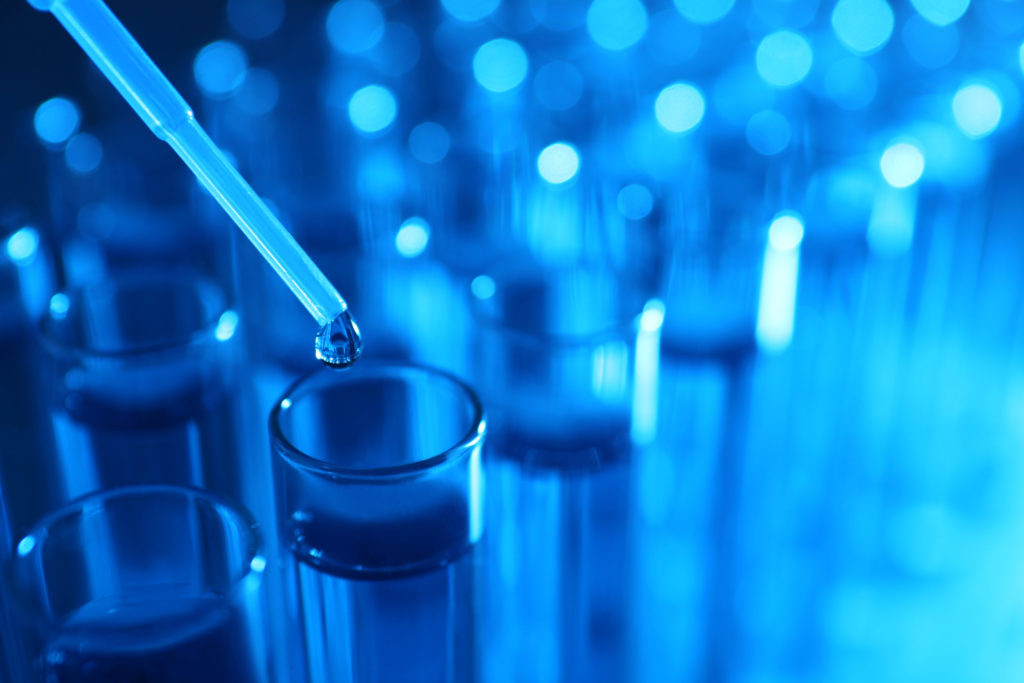Animal Testing Discovers New Antibody Component for Fight Against COVID
Read at National Review- Categories
- Animal Welfare
The animal-rights movement lies when it claims that research using animals offers no human benefit. But the propaganda is having an impact. According to Gallup, a whopping 39 percent of Americans believe that animal research is not moral, versus 56 percent who think it is. In 2019, only 51 percent found it moral. Those are alarming figures, even though support remains in the majority, because it means that tens of millions of us oppose this crucial area of scientific inquiry.
That is why it is good, from time to time, to highlight important examples of animal research with the potential to move science and medicine forward exponentially. The University of Pittsburgh School of Medicine has just announced that they have discovered a new antibody component — the tiniest known — in animal studies that shows great promise in overcoming COVID-19. From the press release:
University of Pittsburgh School of Medicine scientists have isolated the smallest biological molecule to date that completely and specifically neutralizes the SARS-CoV-2 virus, which is the cause of COVID-19. This antibody component, which is 10 times smaller than a full-sized antibody, has been used to construct a drug — known as Ab8 — for potential use as a therapeutic and prophylactic against SARS-CoV-2.
The researchers report today in the journal Cell that Ab8 is highly effective in preventing and treating SARS-CoV-2 infection in mice and hamsters. Its tiny size not only increases its potential for diffusion in tissues to better neutralize the virus, but also makes it possible to administer the drug by alternative routes, including inhalation. Importantly, it does not bind to human cells — a good sign that it won’t have negative side-effects in people.
This shows how animal studies — supplemented by non-animal approaches such as using human cell lines — work together to move science forward. Let us hope this research moves toward human application strongly, as our president might put it.
The “grim good” of animal research needs to be continually defended. Otherwise, animal-rights fanatics could well impede medical breakthroughs that offer the potential for unquantifiable human good.
